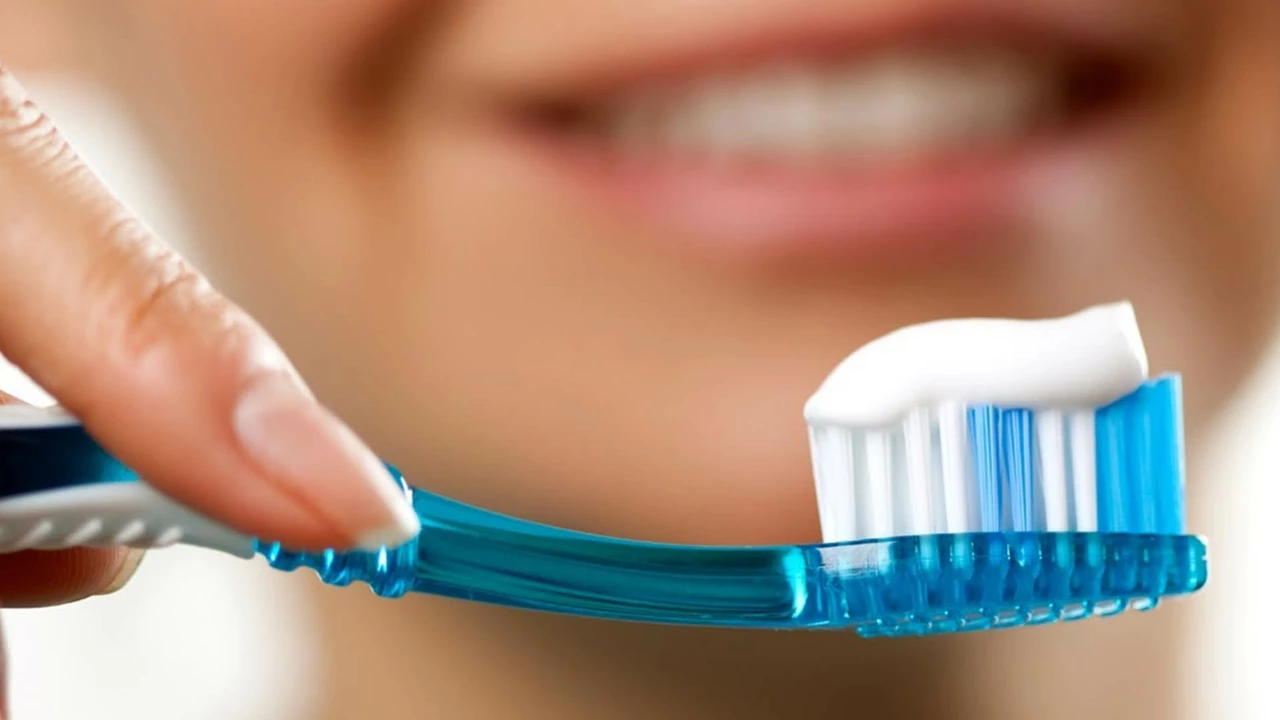Dental health: simple habits that actually protect your teeth
Want fewer cavities and less gum pain? Small changes every day beat expensive fixes later. This page gives short, practical steps you can use right away: what to do each morning and night, what to eat or skip, quick fixes for common problems, and clear signs you need a dentist now.
Daily routine that actually works
Brush twice a day for two minutes with fluoride toothpaste. Use a soft-bristled brush and angle it at 45 degrees to the gum line—short, gentle strokes do the job. Floss once a day; sliding the floss up and down removes the film your brush can’t reach. If floss feels hard, try interdental brushes or water flossers—both clean between teeth well.
Don’t forget your tongue. Gently brushing your tongue reduces bad breath and bacteria. Rinse with water after sugary or acidic snacks. If you’re prone to cavities, use a fluoride mouthwash at night to strengthen enamel while you sleep.
Quick fixes and when to call the dentist
Have a sudden issue? For a knocked-out tooth, pick it up by the crown (not the root), rinse it gently, and try to place it back. If that’s not possible, keep it in milk or saliva and see a dentist within an hour. For a painful toothache, rinse with warm salt water and avoid chewing on that side—book an appointment within 24–48 hours.
If gums bleed when you brush or floss, don’t stop cleaning—gentle, regular care usually improves inflammation in a week or two. Call your dentist if bleeding is heavy, lasts more than a week, or comes with swelling, bad taste, or fever. These can be signs of infection that need treatment.
Diet matters more than people think. Cut back on sticky sweets, sodas, and fruit juices—acid and sugar feed bacteria that erode enamel. Swap to water, cheese, plain yogurt, nuts, or crunchy veggies. Chewing sugar-free gum with xylitol for 10–20 minutes after meals can lower cavity risk by boosting saliva and clearing food particles.
Many medicines cause dry mouth, which raises the chance of cavities and bad breath. If a prescription leaves your mouth dry, ask your pharmacist about solutions: sipping water, using sugar-free lozenges, or saliva substitutes can help. Regular dental cleanings and fluoride treatments are smart if you take long-term meds.
Finally, schedule regular checkups—every six months is common, but your dentist might suggest a different plan based on risk. Early fixes cost less and save pain. For more on how medications, supplements, and travel can affect your mouth, search RX2Go.com. Small daily steps add up fast—start today.

Dyskinesias and Dental Health: The Overlooked Link You Need To Know
